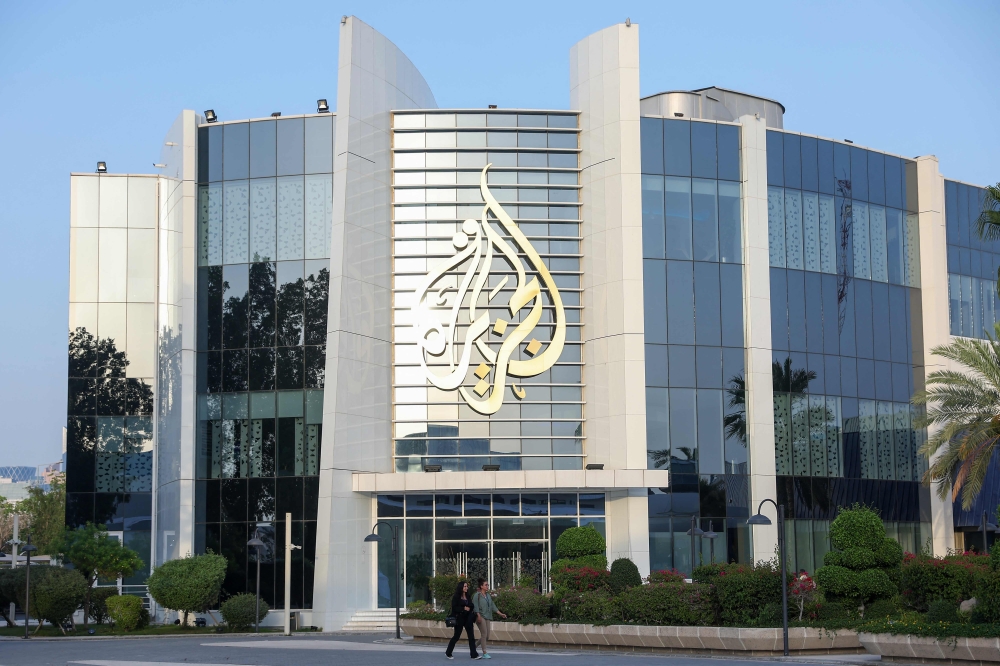JANUARY 8 — In a move that stunned onlookers and smacked of desperation, the Palestinian Authority (PA) threw down a heavy gauntlet last week, banning Al Jazeera — the media giant that has long been a thorn in the side of those preferring quieter, less scrutinised oppressions. It’s a twist that reeks of a plot twist worthy of the most brazen political thrillers. But here we are, not in a cinema, but in the harsh daylight of realpolitik in the West Bank.
Imagine this: a governing body, purportedly the voice and shield of its people, now mirroring the very tactics of the occupier it claims to resist. The PA’s ban comes hot on the heels of Israel’s own crackdown on the network, including a raid that shuttered Al Jazeera’s offices in Ramallah. This spectacle has left many Palestinians peering through a looking glass darkly, pondering whether their leaders are collaborators dressed in resistors’ clothing.

But why, you ask? The plot thickens with the PA’s possible motives: currying favour with big players like Israel and the US, and proving itself a ‘reliable’ partner capable of policing its own without pesky journalists poking around. The method? A blackout on one of the few international outlets consistently spotlighting the Palestinian plight under an enduring occupation and what many are calling a genocide in Gaza.
Under the guise of ‘security coordination,’ the PA has morphed into what many see as a subcontractor for Israel, stifling dissent and clamping down on any narrative that strays from the official line. Between the lines of official statements and actions, a story of suppression, control, and betrayal unfolds.
Journalists, the first casualties in this war of narratives, find themselves increasingly targeted. The irony? A Palestinian authority cracking down on Palestinian voices. The message is clear: toe the line, or the shutters come down.
In the latest act of this grim theatre, the PA’s actions echo those of Israel, with a crackdown on resistance groups in Jenin that has all the hallmarks of an Israeli military playbook — house raids, arrests, and a chilling tally of deaths, including a young female journalist.
To the casual observer, these moves might seem like a strategic alignment or a masterclass in realpolitik from a government securing its grip on power. However, to those living the reality on the ground, it’s a betrayal, painting the PA not as a beacon of liberation, but as a barrier to it.
As the PA positions itself as both shield and sword against its own people, its role as an enforcer rather than a liberator becomes painfully clear. What was once a body politic for Palestinian aspirations now risks becoming the very obstacle to their freedom.
This story is no mere reporting of facts; it’s an exposé of the shadow dance of power, betrayal, and the fight for a voice against the backdrop of a struggle for self-determination. As the Palestinian Authority tightens its grip, it must remember that with each move to silence dissent, it doesn’t just alienate its critics — it turns them into the very resistance it seeks to quell.
* This is the personal opinion of the writer or publication and does not necessarily represent the views of Malay Mail.





















